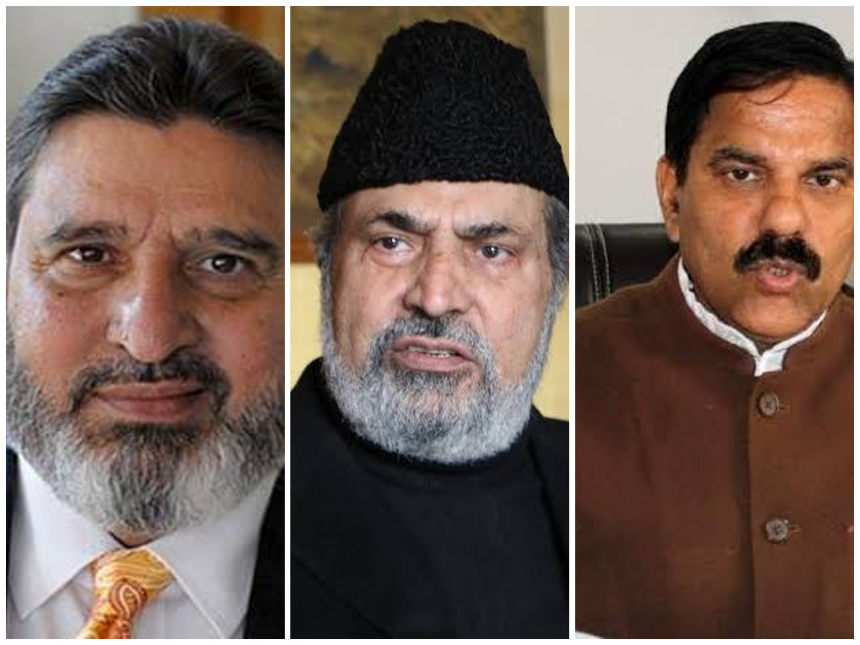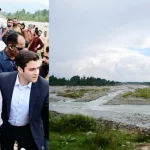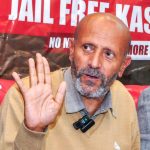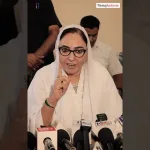Srinagar, Oct 08: In a dramatic political shift, 34 former ministers were ousted in the Jammu and Kashmir Assembly elections, many falling to first-time candidates. This election, the first since the abrogation of Article 370 in 2019, will bring Jammu and Kashmir its first elected government in a decade.
The vote counting, which took place on Tuesday, brought unexpected results. The National Conference (NC) emerged as the largest party, securing 42 seats in the 90-member Assembly. The Bharatiya Janata Party (BJP) followed with 29 seats, while the Congress won 6. The Jammu and Kashmir People’s Democratic Party (JKPDP) managed to secure just 3 seats, while smaller parties and independents took the remaining seats.
Vikar Rasool, who had served as the Minister for Tourism and Housing during the previous government, was another prominent figure who could not make a comeback. Muzaffar Beigh, a former Deputy Chief Minister was also defeated in these elections.
Among the prominent leaders who lost were such as Abdul Gaffar Sofi, who had served as the Minister of State for Revenue and Rehabilitation; Usman Majeed, a former Minister for Power; and. Lal Singh, a former Health and Forest Minister, who also saw his political fortunes dwindle despite his close ties to the BJP.
Other key figures who faced defeat include Manohar Lal, who had served as the Minister of State for Finance, Cooperatives, and Planning, and Chowdhary Zulfikar Ali, the former Minister for Consumer Affairs and Tribal Affairs. Altaf Bukhari, the former Finance Minister and founder of the Apni Party was also among the high-profile losers, marking a notable shift in J&K politics.
The elections also saw the fall of Harsh Dev Singh, a former Education Minister, and Tara Chand, a former Deputy Chief Minister who once oversaw Housing and Urban Development. Hakeem Mohammad Yaseen, who had served as the Minister for Transport and Agriculture, and Ghulam Nabi Lone, a former Agriculture Minister, also failed to retain their seats.
The political upheaval continued with the defeats of Abdul Majeed Paddar, former Minister of State for Public Health Engineering and Irrigation, and Sartaj Madni, who once held the portfolio of Power and Roads. Abdul Majeed Wani, a former Minister for Roads and Buildings, and Aijaz Ahmad Khan, the former Minister of State for Revenue, were similarly unsuccessful.
Notable names like Ghulam Hassan Mir, a former Agriculture and Consumer Affairs Minister, and Chowdhary Mohammad Ramzan, who had served as Consumer Affairs Minister, also faced defeat. Asia Naqash, a former Minister of State for Health and Social Welfare, and G M Saroori, who had held the portfolio of Roads and Buildings, were among the losing candidates.
Other ministers who lost included Ajay Kumar Sadhotra, former Planning and Development Minister, Sajad Kitchloo, who had served as Minister of State for Home Affairs and Industries, and Nasir Aslam Wani, the former Minister of State for Home, Housing, and Urban Development.
Mohammad Ashraf Mir, the former Law, Justice, and Parliamentary Affairs Minister, and Imran Ansari, the former Minister for IT, Youth Services, and Sports, also lost their seats. Mohammad Khalil Bandh, a former Agriculture Minister, and Abdul Gani Vakil, a former Minister of State for Social Welfare, were defeated as well.
Even Taj Mohiuddin, a former Health and Public Health Engineering Minister, and Mehboob Beigh, the former Health Minister, couldn’t secure a win, along with Mushtaq Bukhari, the former Minister for Higher Education, and Basharat Bukhari, who had served as Revenue Minister.
The elections were contested across 90 constituencies, with 47 seats in the Kashmir region and 43 in Jammu. A total of 873 candidates participated, and the elections were held in three phases September 18, 25, and October 1.








